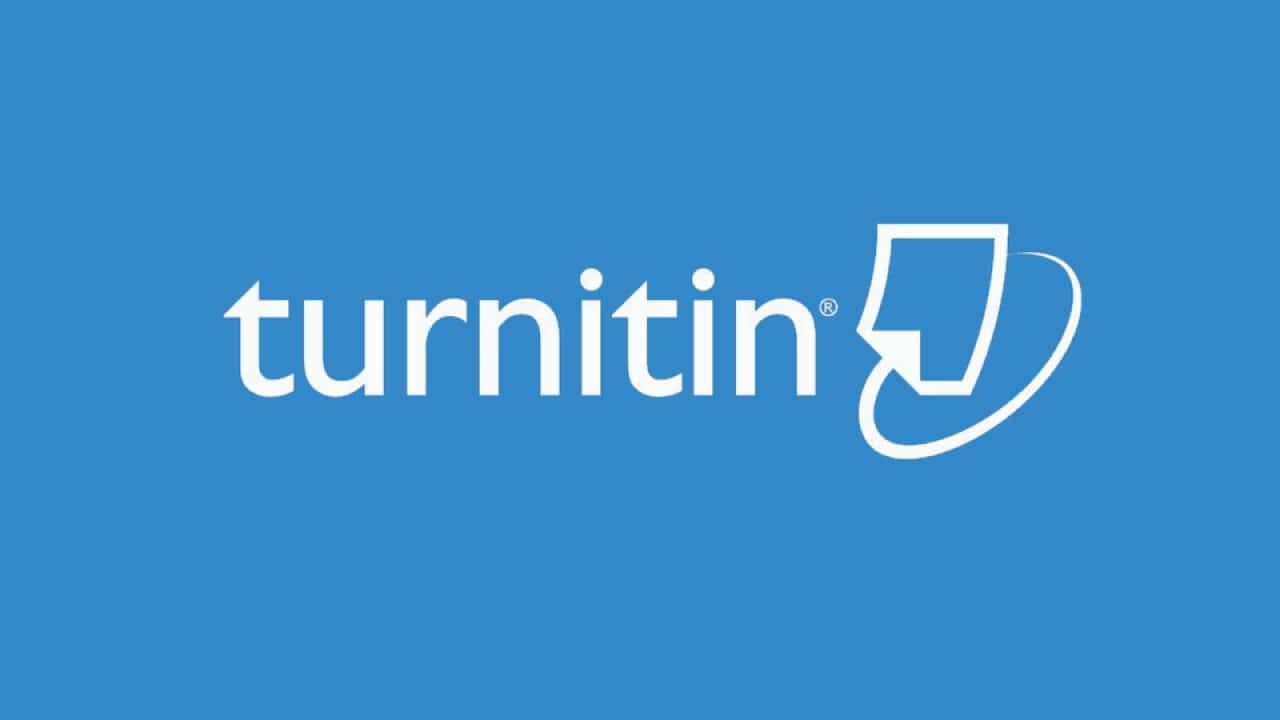- Focus and Scope
- Section Policies
- Peer Review Process
- Open Access Policy
- Publication Ethics
- Article Processing Charges (APC)
Focus and Scope
The Althiqah Journal covers various original research in the field of hadith and hadith science. The scope of this journal includes, but is not limited to, the following: Sanad Hadith Studies, Matan Hadith Studies, Syarah Hadith, Living Hadith, Hadith Tradition Studies, Legal Aspects of Hadith, Philosophy and Sufism in Hadith, Interdisciplinary History of Hadith.
Section Policies
Articles
Peer Review Process
General Information
1. Publication Criteria
The Al-Thiqah Journal accepts various articles for consideration for publication. The peer-review process is selective, and articles requiring intolerable major revisions will be rejected. To be published in the Al-Thiqah Journal, a paper must meet the following four main criteria:
Present strong evidence to support the resulting conclusions.
Has obvious novelty.
Make significant contributions to the development of knowledge in their field.
Open to interdisciplinary or multidisciplinary approaches.
Overall, accepted papers must reflect extraordinary understanding and be able to inspire the development of thought in the field of Islamic studies. Submitted articles must have clear reasons why they are suitable for publication in the Al-Thiqah Journal.
2. Review Process
Every manuscript sent to the Al-Thiqah Journal will first be reviewed by the editorial team. Only articles that meet our editorial criteria will proceed to the full peer-review process. Manuscripts that are deemed by the editor to be insufficiently relevant to the journal's focus or inappropriate will be immediately rejected, based on internal input and suggestions from specialist reviewers in the related field.
Manuscripts that are considered to have potential interest to readers will be sent for further review, by a minimum of two reviewers. The final decision regarding acceptance of the manuscript will be taken by the editor based on the recommendations provided by the reviewers.
3. Peer-Reviewer Selection
Reviewer selection is an important part of the publishing process and is based on various factors, including expertise, reputation, specific recommendations, and our experience in the publication review process. Before sending a manuscript for review, we ensure the suitability and readiness of potential reviewers.
4. Writing Reviews
The main purpose of a review is to provide information to the editor to determine whether a manuscript is worthy of acceptance. Apart from that, the review also functions to provide suggestions to the author on how to improve the manuscript so that it meets editorial requirements. In the case of a negative review, the reviewer is expected to explain the weaknesses of the manuscript to the author so that the rejection decision can be understood, and the author can see in general what needs to be improved. However, this function is secondary, and reviewers are not required to provide detailed or constructive suggestions for manuscripts that do not meet the journal's criteria, as explained in the review request letter from the editor.
5. Anonymity
We apply a double-blind review system, where the author and reviewer do not know each other's identities. Unless a reviewer feels it is absolutely necessary to identify the author, we still prefer that reviewers remain anonymous during and after the review process.
6. Peer-Review Publication Policy
All articles submitted to specialist education fields will be selected for a peer-review process. At least two selected reviewers will read and review the submitted article.
7. Ethics and Security
Al-Thiqah Journal editors may seek input not only from technical reviewers but also regarding other aspects of an article that raise concerns, such as ethical issues or access to data and materials. In some cases, concerns may also include the social implications of publishing an article, including potential threats to security. In these situations, input is usually requested in conjunction with the technical peer-review process. Overall, publishing decisions are the full responsibility of the editor of the journal concerned.
Open Access Policy
Jurnal ini menyediakan akses terbuka langsung ke kontennya berdasarkan prinsip bahwa menyediakan penelitian secara bebas kepada publik akan mendukung pertukaran pengetahuan global yang lebih besar.
Publication Ethics
Jurnal Al-Thiqah is a peer-reviewed journal, available in print and online and published twice a year. This statement clarifies the ethical behavior of all parties involved in the act of publishing articles in this journal, including the author, editor-in-chief, Editorial Board, peer-reviewers and publisher (Master's and Doctoral Study Program in Hadith Science, Faculty of Ushuluddin and Islamic Studies, North Sumatra State Islamic University, Medan). This statement is based on the COPE Best Practices Guidelines for Journal Editors.
Ethical Guideline for Journal Publication
The publication of articles in the peer-reviewed Jurnal Al-Thiqah is an important foundation in the development of a coherent and respected network of knowledge. This is a direct reflection of the quality of the author's work and the institutions that support it. Peer-reviewed articles support and embody the scientific method. Therefore, it is important to agree on standards of ethical behavior expected for all parties involved in the act of publishing: authors, journal editors, peer reviewers, publishers, and the public.
Master's and Doctoral Study Program in Hadith Science, Faculty of Ushuluddin and Islamic Studies, North Sumatra State Islamic University, Medan, as the publisher of the Jurnal Al-Thiqah, carry out their duties of guardianship at all stages of publication seriously and we are aware of ethical and other responsibilities. We are committed to ensuring that advertising, reprints or other commercial revenue does not impact or influence editorial decisions.
Publication Decisions
The Jurnal Al-Thiqah Editor is responsible for deciding which articles submitted to the journal should be published. Validation of the work in question and its importance to researchers and readers should always drive such decisions. Editors may be guided by the policies of the journal's editorial board and limited by applicable legal requirements regarding defamation, copyright infringement, and plagiarism. The editors can consult with other editors or reviewers in making this decision.
Fair Play
An editor at any time evaluate manuscripts for their intellectual content without regard to race, gender, sexual orientation, religious belief, ethnic origin, citizenship, or political philosophy of the authors.
Confidentiality
The editor and any editorial staff must not disclose any information about a submitted manuscript to anyone other than the corresponding author, reviewers, potential reviewers, other editorial advisers, and the publisher, as appropriate.
Disclosure and Conflicts of Interest
Unpublished materials disclosed in a submitted manuscript must not be used in an editor's own research without the express written consent of the author.
Duties of Reviewers
Contribution to Editorial Decisions
Peer review assists the editor in making editorial decisions and through the editorial communications with the author may also assist the author in improving the paper.
Promptness
Any selected referee who feels unqualified to review the research reported in a manuscript or knows that its prompt review will be impossible should notify the editor and excuse himself from the review process.
Confidentiality
Any manuscripts received for review must be treated as confidential documents. They must not be shown to or discussed with others except as authorized by the editor.
Standards of Objectivity
Reviews should be conducted objectively. Personal criticism of the author is inappropriate. Referees should express their views clearly with supporting arguments.
Acknowledgement of Sources
Reviewers should identify relevant published work that has not been cited by the authors. Any statement that an observation, derivation, or argument had been previously reported should be accompanied by the relevant citation. A reviewer should also call to the editor's attention any substantial similarity or overlap between the manuscript under consideration and any other published paper of which they have personal knowledge.
Disclosure and Conflict of Interest
Privileged information or ideas obtained through peer review must be kept confidential and not used for personal advantage. Reviewers should not consider manuscripts in which they have conflicts of interest resulting from competitive, collaborative, or other relationships or connections with any of the authors, companies, or institutions connected to the papers.
Duties of Authors
Reporting standards
Authors of reports of original research should present an accurate account of the work performed as well as an objective discussion of its significance. Underlying data should be represented accurately in the paper. A paper should contain sufficient detail and references to permit others to replicate the work. Fraudulent or knowingly inaccurate statements constitute unethical behavior and are unacceptable.
Originality and Plagiarism
The authors should ensure that they have written entirely original works, and if the authors have used the work and/or words of others that this has been appropriately cited or quoted.
Multiple, Redundant or Concurrent Publication
An author should not in general publish manuscripts describing essentially the same research in more than one journal or primary publication. Submitting the same manuscript to more than one journal concurrently constitutes unethical publishing behavior and is unacceptable.
Acknowledgement of Sources
Proper acknowledgment of the work of others must always be given. Authors should cite publications that have been influential in determining the nature of the reported work.
Authorship of the Paper
Authorship should be limited to those who have made a significant contribution to the conception, design, execution, or interpretation of the reported study. All those who have made significant contributions should be listed as co-authors. Where there are others who have participated in certain substantive aspects of the research project, they should be acknowledged or listed as contributors. The corresponding author should ensure that all appropriate co-authors and no inappropriate co-authors are included on the paper, and that all co-authors have seen and approved the final version of the paper and have agreed to its submission for publication.
Disclosure and Conflicts of Interest
All authors should disclose in their manuscript any financial or other substantive conflict of interest that might be construed to influence the results or interpretation of their manuscript. All sources of financial support for the project should be disclosed.
Fundamental errors in published works
When an author discovers a significant error or inaccuracy in his/her own published work, it is the author’s obligation to promptly notify the journal editor or publisher and cooperate with the editor to retract or correct the paper.
Article Processing Charges (APC)
The Journal does not charge any publication fees (free of charge) to authors for each manuscript accepted and published.



